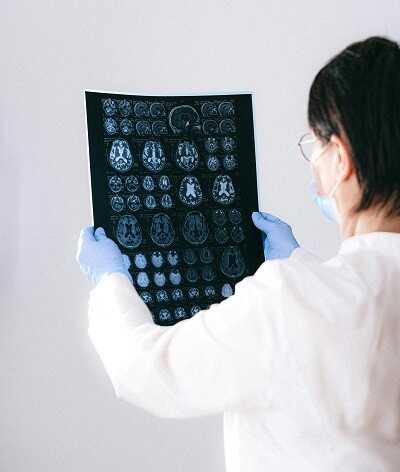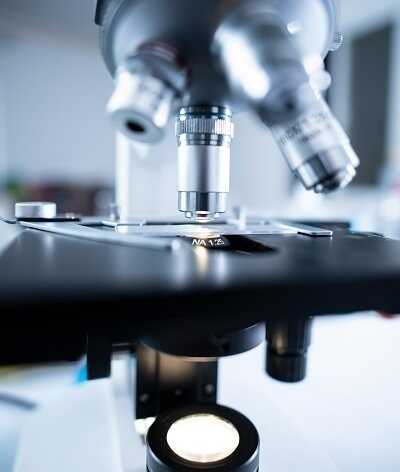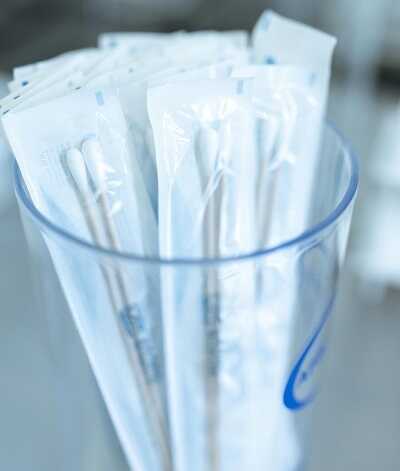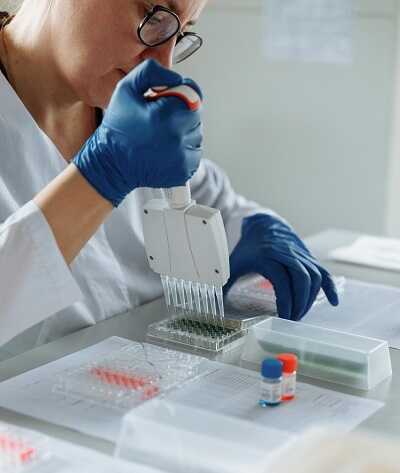Laboratory Services
- Lab Startup Services
- Lab Management
- Lab Consulting
- Instrument Services / Supplies
- RCM Auditing / Consulting
- Quality, Regulatory and Compliance Auditing
- Software Solutions
Get a free consultation
Maintaining High Standards of Accuracy, Efficiency, and Compliance
Equipping a clinical laboratory with the right instruments and supplies is crucial for its effective operation. By utilizing comprehensive instrument and supplies services, clinical laboratories can maintain high standards of accuracy, efficiency, and compliance, ensuring smooth and effective operation.
Here's a detailed guide to the services typically offered for instrument and supply management in a clinical laboratory by Augustus Healthcare Solutions:
Instrument Selection and Procurement
Needs Assessment
- Evaluation: Assess the specific needs of the laboratory based on the types of tests performed.
- Budget Planning: Determine budget constraints and prioritize essential instruments.
- Research: Identify reputable vendors and manufacturers.
- Comparison: Compare features, prices, and warranties of different instruments.
- Negotiation: Negotiate contracts and prices with vendors.
- Ordering: Place orders and ensure timely delivery of instruments.
Installation and Setup
Site Preparation
- Space Planning: Design the layout of the laboratory to accommodate new instruments.
- Infrastructure Readiness: Ensure necessary electrical, plumbing, and safety systems are in place.
- Setup: Install instruments according to manufacturer specifications.
- Calibration: Perform initial calibration to ensure accuracy and reliability.
Maintenance and Calibration Services
Routine Maintenance
- Scheduled Maintenance: Establish regular maintenance schedules to prevent breakdowns.
- Service Contracts: Arrange service contracts with vendors for ongoing support.
- Regular Calibration: Ensure instruments are regularly calibrated to maintain precision.
- Documentation: Keep detailed records of all maintenance and calibration activities.
Supplies Management
Inventory Management
- Inventory System: Implement an inventory management system to track supplies.
- Stock Levels: Maintain optimal stock levels to prevent shortages or overstocking.
- Automated Reordering: Set up automated reordering systems for frequently used supplies.
- Supplier Relations: Build strong relationships with suppliers to ensure consistent supply flow.
Quality Assurance and Compliance
Regulatory Compliance
- Standards Adherence: Ensure all instruments and supplies meet regulatory standards (e.g., FDA, CLIA).
- Documentation: Maintain thorough documentation to demonstrate compliance during inspections.
- QC Programs: Implement quality control programs to regularly test instrument performance.
- Proficiency Testing: Participate in proficiency testing to validate the accuracy of laboratory results.
Training and Support
Staff Training
- Instrument Use: Train staff on the proper use and maintenance of new instruments.
- Safety Protocols: Educate staff on safety protocols related to instrument handling and hazardous materials.
- Vendor Support: Ensure access to vendor support for troubleshooting and repairs.
- In-house Expertise: Develop in-house expertise to handle minor issues and maintenance.
Data Management and Integration
LIMS Integration
- System Setup: Integrate instruments with Laboratory Information Management Systems (LIMS) for streamlined data management.
- Data Security: Ensure data security and compliance with data protection regulations.
- Software Solutions: Implement software tools for data analysis and reporting.
- Training: Train staff on using data management and analysis tools effectively.
Cost Management and Efficiency
Cost Analysis
- Total Cost of Ownership: Evaluate the total cost of ownership for instruments, including maintenance and supplies.
- Cost-Saving Strategies: Implement strategies to reduce costs, such as bulk purchasing or long-term supplier contracts.
- Workflow Optimization: Optimize workflows to maximize the efficiency of instrument use.
- Technology Upgrades: Stay updated with the latest technological advancements to enhance laboratory operations.
Benefits of Professional Instrument and Supplies Services
- Reliability: Ensures that instruments and supplies are reliable and of high quality.
- Compliance: Maintains compliance with all relevant regulations and standards.
- Efficiency: Streamlines laboratory operations, improving overall efficiency and productivity.
- Support: Provides ongoing support and maintenance to minimize downtime and disruptions.








